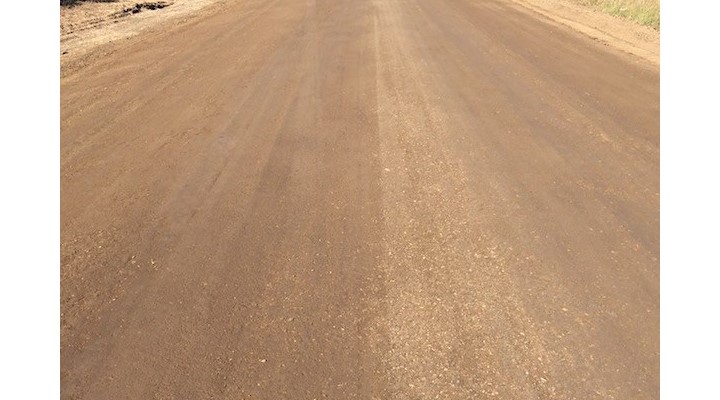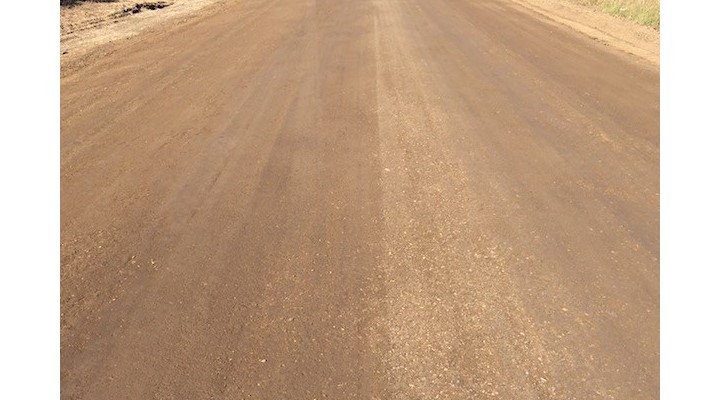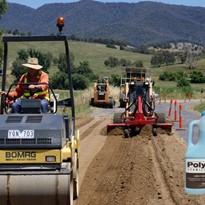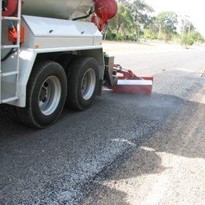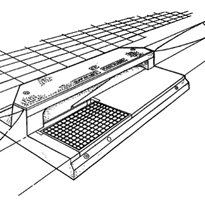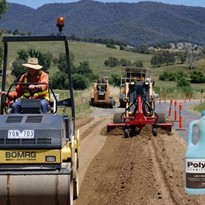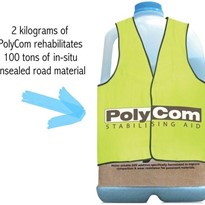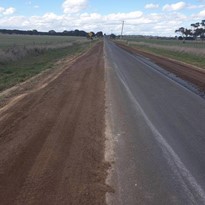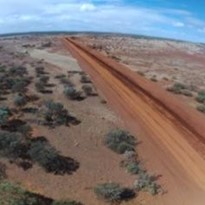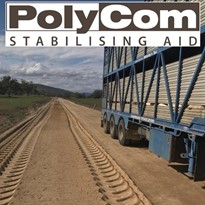At the 2016 Australian Local Government Association (ALGA) National General Assembly (NGA) in Canberra last month, Australia’s infrastructure backlog was a key point of discussion. One panel brought together representatives of 8 bodies including the Planning Institute of Australia, Green Building Council of Australia and Institute of Public Works Engineering Australia, who conspired in May to press the government for more secure infrastructure funding.
Panel members agreed on the need for better strategic planning and longer-term thinking on behalf of local government.
However whilst the push for more infrastructure funding is encouraging, it offers no respite for councils feeling the increasing pressure of today's road maintenance backlog.
Of our 810,000 kilometres of public roads, Australian local government is responsible for 80%. About one-third of this network is sealed and two-thirds unsealed. ALGA’s 2015 State of the Assets Report revealed that 19% of these unsealed roads are in poor to very poor condition.
Local road expenditure accounts for approximately 20-25% of council budgets. The apparent gap of about $344 million after Roads to Recovery funding between what local governments spend and what they need to spend on local roads to maintain them in a "fit-for-purpose" condition is about 8 per cent of the $3805 million spent annually on local roads.
The situation may indeed seem untenable, but there is an immediate solution.
The innovative, practical approach increasing the life of local roads and bringing financial relief to innovative councils is in-situ stabilisation with PolyCom Stabilising Aid.
A granular stabilising aid added to the existing pavement materials to increase the strength of unsealed roads, PolyCom reduces the frequency of road maintenance interventions, resulting in a significant saving in life-cycle maintenance costs for local government. Distributed by Earthco Projects in NSW, Victoria and Tasmania, PolyCom has stood the test of time, saving councils hundreds of thousands of dollars over the last 12-13 years.
In 2013, sustainability consultancy Factor Ten conducted a study on the PolyCom soil modifier, comparing the longevity of an unsealed PolyCom treated road with an untreated section of the same road. “When we conducted case studies of in-situ stabilisation with PolyCom Stabilising Aid, we calculated the benefits of using a product which can work with the existing material rather than importing quarry material," explains Stephanie Camarena from Factor Ten. "This effectively demonstrates that you can ‘recycle’ the road rather than ‘re-build’ it.”
Empirical data from the project revealed close to 90% reduction in greenhouse gas emissions, 80% reduction in water usage and 70% annual financial savings on the maintenance of the PolyCom treated road.
As the increasing cost of gravel and deteriorating quality of unsealed roads has some councils up in arms, in-situ stabilisation with PolyCom Stabilising Aid is a welcome relief for those embracing innovative solutions to the age-old problem of road infrastructure maintenance.
Whilst lobbyists for infrastructure funding continue to state their case before the federal government, innovative councils are taking practical and proactive action to redirect maintenance funding towards a long-term road maintenance solution with PolyCom Stabilising Aid.
© Earthco Projects 2016


